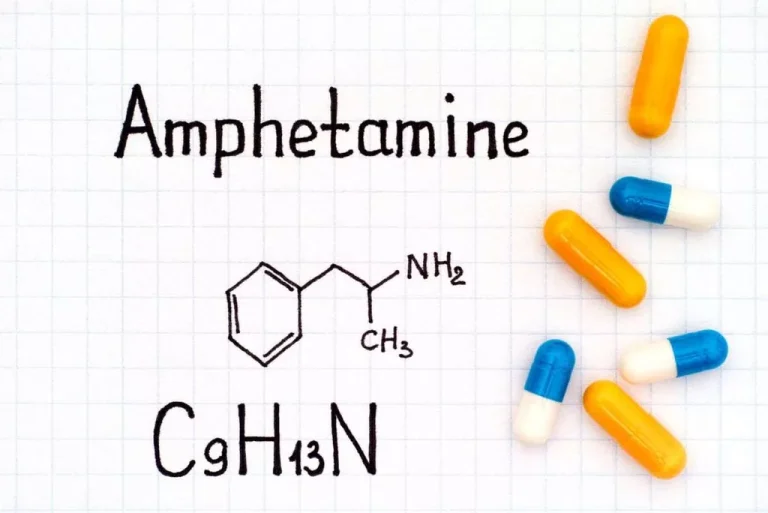
Skills to cope with stress, managing emotions well, and having a positive mindset can help overcome issues during recovery. Online resources like forums and social media platforms let individuals in recovery link at any time. These virtual communities provide recurrent help and enthusiasm regardless of the time or place.
Strategies for Staying Motivated When the Going Gets Tough

Building intrinsic motivation involves exploring personal values, setting goals, and focusing on the long-term benefits of a sober life. In the realm of addiction recovery, personal stories and inspirational resources play a pivotal role in staying motivated. From real-life success stories and testimonials to inspiring https://ecosoberhouse.com/ quotes and slogans, this section is a treasure trove of motivation. Engaging with the sober support community and being of service to others in recovery further amplify the inspirational journey. Let’s explore how these powerful narratives and resources reinforce our motivation when the going gets tough.
Improve Your Attitude and Improve Your Recovery Success
This understanding, in turn, can help inform the development of a personalized, values-driven recovery plan that addresses the unique needs and desires of each individual. In the context of recovery, values serve as a foundation for evaluating choices and determining whether they support or recovery motivation undermine our overall well-being. They help us prioritize our actions and create a sense of coherence and direction in our lives. By using values as a compass, individuals in recovery can develop a clearer sense of what truly matters to them and make choices that reflect those priorities.
Staying Motivated While in Recovery from Substance Abuse
- In the event that you have experienced a traumatic event, such as the loss of a loved one, a natural disaster, or violence to yourself or another person, you may be looking for a way of alleviating this pain and may turn to substance use for comfort.
- The success stories shared in these networks serve as reminders that no one is alone in their struggles and motivate them to carry on even when the going gets tough.
- There are dozens of motivational videos and channels on YouTube, but unfortunately we could not list them all.
- The present article is a call for a convergence of the previous approaches to addictive behavior and the new advances in basic motivation and self-regulation.
- When our motivation is depleted, our functioning and wellbeing suffer.
It also increases the risk of chronic conditions like cancer and heart disease. Substance abuse weakens the immune system, making individuals more vulnerable to illnesses. Thinking about the long-term health effects of addiction can provide extra motivation to dedicate to recovery.
- By recognizing your small milestones, you’ll feel a boost in your confidence.
- This technique empowers individuals to discover their own reasons for change, enhancing their self-efficacy and confidence in the recovery process.
- In addition, it is suggested that the same psychological principles underlying motivated action in general may apply to understand challenging aspects of the etiology and maintenance of addictive behaviors.
It also covers tips on how to deal with the challenges you’ll face on your journey to sobriety. Now that you’ve generated your list of possible personal recovery goals, you may find you have identified several different areas you could choose to work on. It’s not unusual to have a handful or even a dozen or more possible goals to consider. When I help people who are in recovery from mental illness and addiction, one thing we often discuss is setting goals. 1Note that there are important theoretical and empirical approaches to addiction that may not receive extensive attention here.
What are the potential long-term health problems associated with chronic substance use?
In the same vein, contextual priming, which represents a more ecological activation of memory associations, has been found to have a significant effect on the processing of drug-related information. For instance, opiate-dependent participants were faster to respond to drug-related versus neutral words that followed withdrawal-related sentences (Weinstein, Feldtkeller, Law, Myles, & Nutt, 2000). From the behavioral perspective, then, it is the motivational process whereby an initially neutral behavior or action (i.e., drug administration) acquires incentive value that prompts approach behavior. That, in contrast to tolerance and dependence, represents the common denominator in the addictive properties of all drug classes.
- Additionally, depression, anxiety, and insomnia symptoms are reduced with these practices, improving overall wellbeing.
- The importance of mindfulness during depression treatment cannot be overstated.
Be Realistic and Identify the Pros and Cons of Staying Clean

